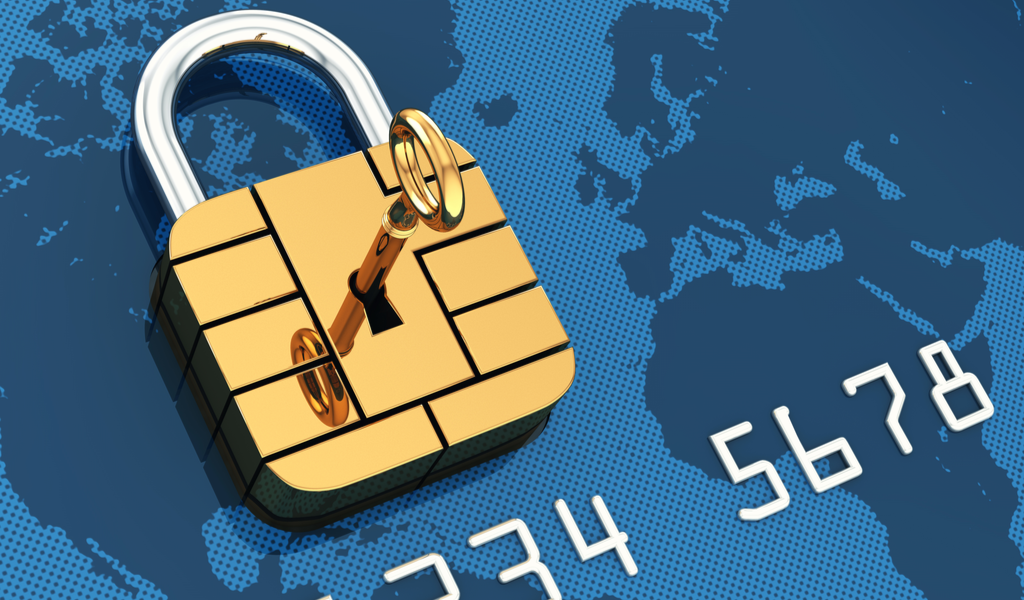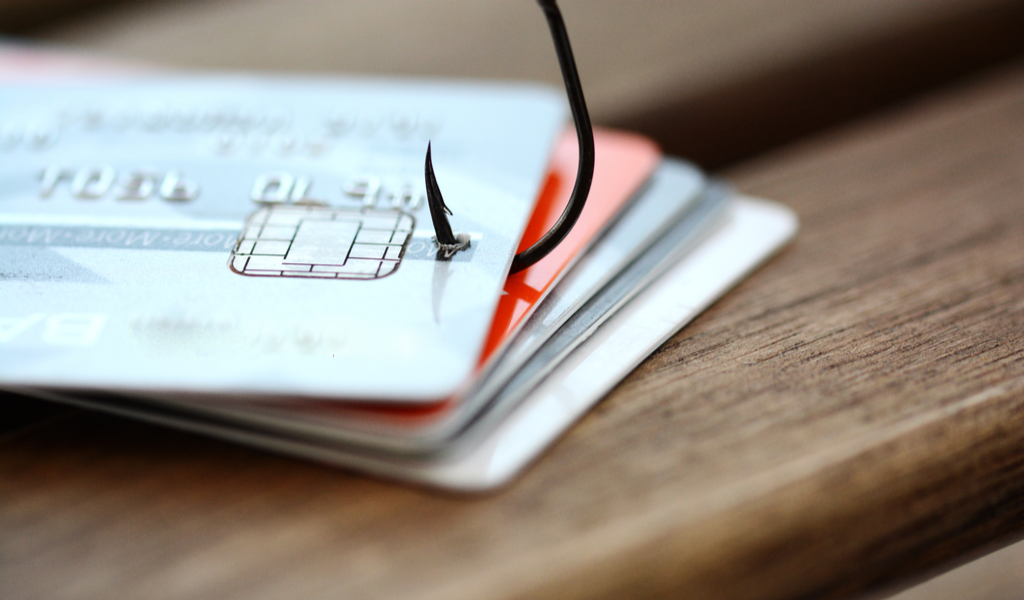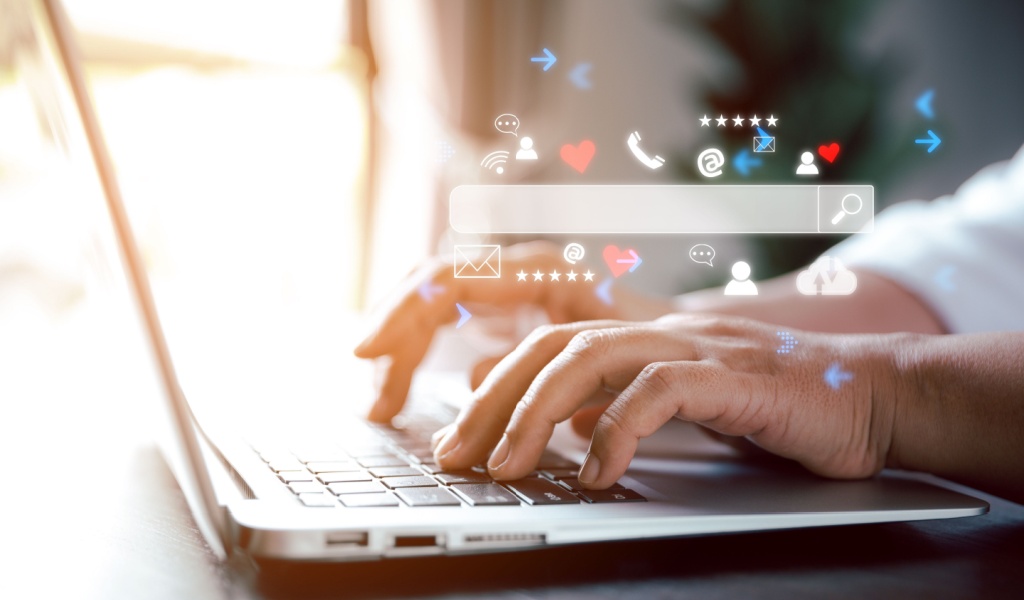Credit cards are so convenient and reliable that most people have gotten so used to them that they don’t even carry cash anymore. Isn’t it just so easy to swipe or enter the digits instead of rooting around your purse for cash, struggling to find change, etc.?

Well, that may as well be true, but that doesn’t mean you should whip out the plastic at any and all times. In fact, there are certain instances where using your credit card is not the safest thing to do. Here are some situations and places where you should think twice before doing so:
On a Website that Doesn’t Begin With HTTPS
The “S” at the end of that is an indication that the site you are on is secure, so it is best to avoid making online payments on websites that do not start with HTTPS.
“HTTPS is a protocol for secure communication over a computer network which is widely used on the Internet,” explains Robert McKee, lawyer, and certified international privacy professional. “Its main motivation is authentication of the visited website and protection of the privacy and integrity of the exchanged data.”
Instead, he says, if a site’s URL does not begin with HTTPS, it is best to opt-out of online purchase, pick the cash on delivery option, or even make the payment through a third-party payment system like PayPal instead as they act as a barrier between the company and your credit information.
Over the Phone
It’s never a good idea to convey your credit card information over the phone because you don’t know if someone is listening in on the call, or even that the person on the other end isn’t going to misuse it after you hang up!
“One of the most common examples of card information being given over the phone is through delivery food purchases,” says Jeremy Brant, VP of Information Technology for Florida Capital Bank. “In situations like these or other instances where a vendor is asking for card information over the phone, order the service online or pay cash in person.”
If you’re trying to pay for food delivery, if the restaurant doesn’t have its own website (or if the website is not secure), ask them if you can pay on delivery. Third-party smartphone apps like Seamless or GrubHub can come to the rescue if that’s not an option either.
When Responding to an Email
Providing your credit card information in response to an email is such a no-no that it is even better to do so over the phone (only when the call has been initiated by you) or a text message!
“There is a technique called ‘phishing’ or ‘spear phishing,’ and it involves emails that are designed to extract your credit card number for an unauthorized purchase,” warns Stephen Lesavich, Ph.D., JD, attorney, credit card expert, and best-selling author.
Phishing clues include things like spelling mistakes, the use of strange words or grammatical errors, logos that do not seem right, etc. Make sure to look out for these before clicking any link provided in an email, whether it be to a payment page or not!
Street Charity Fundraisers
If you live in a big city, it’s probably quite common that you are approached in the streets by charity organizations that are looking to collect donations for everything from environmental conservation and food provision to child welfare and education.
“These causes are known to target people’s emotions to get them to donate,” warns Lesavich. “Although legitimate in some cases, they could instead be scams to charge your credit card and get your credit card information.”
Most legitimate charities will only ask you for your name and contact details so they can call on you later, but if they ask for your credit card information, beware! It’s best to ask them for their website, so you can visit it at your leisure and check if it is secure before donating from there.

In an Online Store with No Transaction History
When considering buying from a seller that you aren’t familiar with – be it on Facebook marketplace, eBay, Etsy, or other – it is always best to vet them before going through with the purchase. A simple Google search should bring up the history of their transactions, previous listings, reviews from past customers, and even their social media profiles. If your search comes up empty, and there’s only one listing from them – that’s a major red flag!
“The Internet has given consumers a much more effective way to gauge the reputation of the companies we do business with, so use it,” suggests Adam Jusko, founder, and CEO of creditcardcatalog.com, a card comparison, and news site.
Similarly, if you are making a purchase on an unfamiliar website, make sure to check their contact information, including the address and phone number.
If You’re Buying Something You Cannot Afford
This may seem quite obvious to some, but there are others who tend to use their credit cards as some sort of magic money-making machine. However, this won’t last long as these people will undoubtedly find themselves drowning in debt very soon.
“Use your credit card for the convenience it provides and any rewards you might receive, but only charge what you know you can completely pay back at the end of the month,” suggests Jusko. “While some people are building up debt on their credit cards, other people who treat their cards as a tool of convenience are actually making hundreds of dollars from their cards.”
If Your Card Needs to be Taken Out of Sight for a Transaction
Always be aware of any merchant that requires your card to be taken out of your sight to complete the transaction. Your card should always be in your line of sight. You never know what they might do with it when you’re not looking! Common scams include inserting your card into a cloning device or even taking photographs of it so it can be used later on.
Restaurants are one of the most common places where your card may be taken away to make a payment but don’t be afraid to ask them to bring the payment options to you. This is becoming more popular the world over. Additionally, you can also set up a PIN for your card, which would need to be entered to complete payment.
Making Online Payments While Connected to Public Wi-Fi
Just as you would check if a website is secure, you need to make sure your internet connection is secure before making any online payments. Public internet connections or connections that aren’t password-protected are never secure!
The risk is that anyone trying to break into your network can be privy to your sensitive information, be it personal data, passwords, or credit card information. Therefore, it’s always ideal to wait until you’re connected over a secure connection before inputting any such information.



